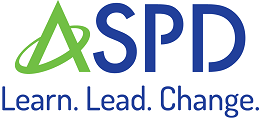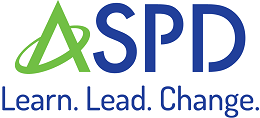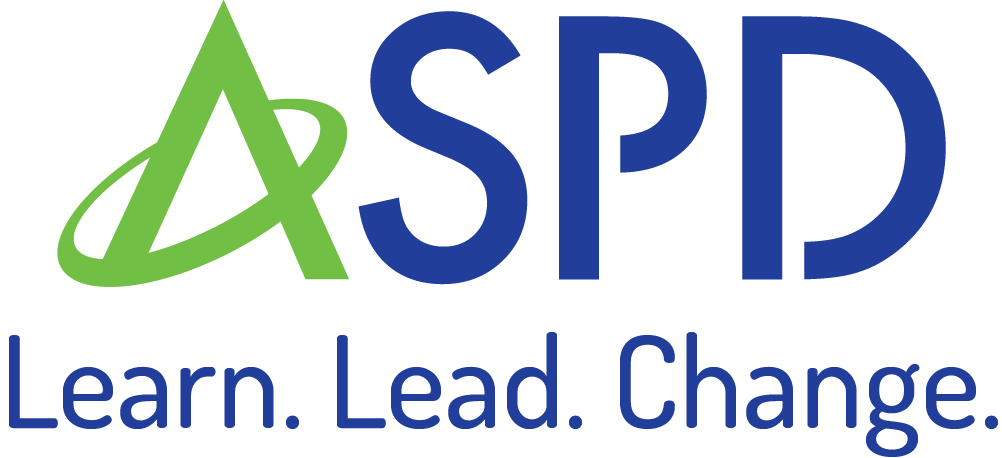STAGES OF ENGLISH LANGUAGE DEVELOPMENT
Introduction to
INFORMATION AND RESOURCES
HOW TO NAVIGATE
Click the buttons above to go directly to the information and resources for a specific level of English language development. These buttons appear on all pages in this section to aid in navigation.
ABOUT THIS SECTION
The pages in this section provide educators with resources to help them understand the progression of language milestones those learning English as a new language typically demonstrate as they develop an understanding of English.
Additionally, educators will find general information about strategies for supporting new language learners to help them progress from no ability to process what they hear or read in English, or express what they want, need, or know in English to being able to listen, speak, read, and write with fluency.
ORGANIZATION OF EACH PAGE
Each page is organized as follows:
- GENERAL OVERVIEW - common attributes of new language learners at the specific English language development level
- SCENARIO - a classroom situation to provide a generalized context about students at the specific level of English language development
- WHAT STUDENTS CAN DO - a summary to aid teachers in understanding what English l learners at the specific level of English language development can process/interpret when listening to and reading information in English, and typical language patterns they will use to express their wants, needs, and learning when speaking and writing in English
- INSTRUCTIONAL STRATEGIES - common strategies to help students at the specific level learn content and develop English listening, speaking, reading, and writing skills as they participate in grade level content instruction
- WIDA 2020 Framework and ELPA21 Standards - resources to information within those documents to aid teachers in planning, instructing, and assessing English learners at each level of English language development
- SECOND LEVEL INFORMATION - more detailed information about each dimension of academic language to aid educators in more effectively supporting English learners at the specific level of English language development in the quest to develop academic English. This information can be used to support ALL learners as they learn to process and use the words/phrases, language forms, and academic discourse patterns that are unique to each academic discipline. (For example, the words and phrases one uses to express what is observed in a science experiment differ from the words and phrases used to express what is observed in a piece of art.)


